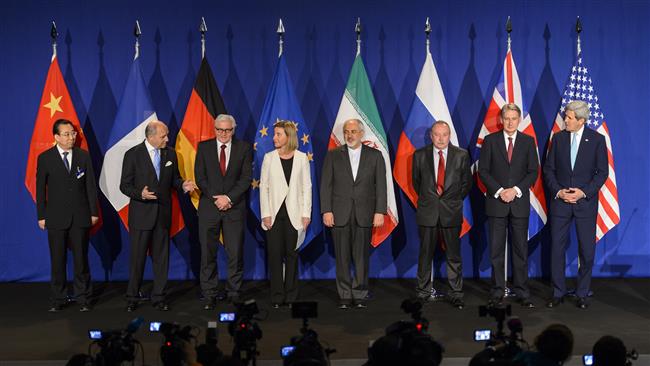

This deal would be based on four pillars, including the JCPOA. On his visit to Washington in April, French President Emmanuel Macron said he wants a “new deal” with Iran. The United Kingdom, however, has concerns about Iran’s activities in its neighborhood.Ĭhinese Foreign Minister Wang Yi said on February 8: “China fully supports the JCPOA on the Iranian nuclear program and believes that all interested countries should cooperate to ensure the implementation of the agreements reached.”

Indeed at this moment Britain is working alongside the Trump administration and our French and German allies to ensure that they are,” he wrote. In an opinion piece in the New York Times on May 6, British Foreign Secretary Boris Johnson wrote: “ has weaknesses, certainly, but I am convinced they can be remedied. Secretary of State Mike Pompeo has said Trump is likely to withdraw the United States from the deal.īritish Prime Minister Theresa May supports the JCPOA. Trump has called the JCPOA a “terrible,” “insane” deal. Here’s where the signatories stand on the JCPOA. Iranian President Hassan Rouhani warned on May 6 that if the United States were to leave the deal it would face “regret of historic proportions.” The United Kingdom, France, and Germany have publicly urged Trump not to abandon the JCPOA. A failure to do so would effectively take the United States out of the Joint Comprehensive Plan of Action (JCPOA)-the Iran nuclear deal-which it signed with the United Kingdom, France, Germany, Russia, China, and Iran in 2015.

Trump is expected to reveal his decision on May 8 as to whether he will extend key sanctions waivers on Iran.


 0 kommentar(er)
0 kommentar(er)
